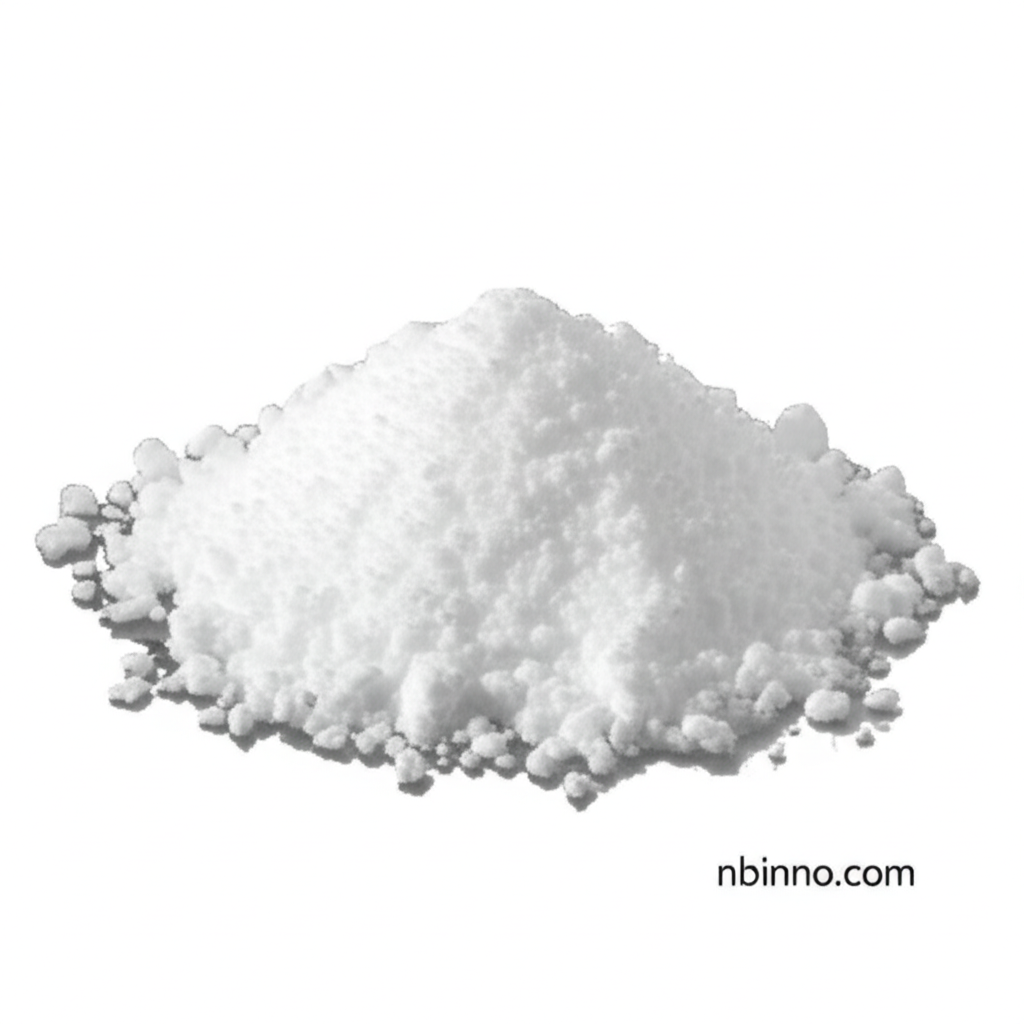High-Purity N-(2-Chlorobenzyloxycarbonyloxy)succinimide for Superior Peptide Synthesis
Enhance your peptide synthesis with our premium capping agent, ensuring unmatched purity and efficiency.
Get a Quote & SampleProduct Core Value

N-(2-Chlorobenzyloxycarbonyloxy)succinimide
This reagent is a cornerstone for achieving high-quality peptides, acting as a highly efficient capping agent in Solid-Phase Peptide Synthesis (SPPS). Its primary function is to terminate unreacted amino groups, thereby minimizing the formation of deletion sequences and significantly improving the purity and yield of your target peptides. The reagent is known for its stability under standard Fmoc and Boc chemistries and its rapid 5-minute capping cycles, streamlining complex synthesis protocols.
- Utilize N-(2-Cl)-OSu as a fast capping cycle peptide synthesis tool to accelerate your SPPS workflow.
- Achieve superior peptide purity by employing N-(2-Chlorobenzyloxycarbonyloxy)succinimide, a key amino acid derivative for peptide synthesis.
- Benefit from orthogonal protection peptide synthesis strategies facilitated by this versatile reagent.
- Explore the application of Z(2-Cl)-OSu in protein modification and biochemical assays for detailed biomolecular studies.
Advantages of Using This Reagent
Enhanced Purity and Yield
Effectively cap unreacted amino groups during SPPS, a crucial step for improving peptide purity and yield, directly impacting the success of complex synthesis projects.
Rapid Capping Cycles
Leverage the fast 5-minute capping cycle of N-(2-Cl)-OSu, enabling a more efficient and productive peptide synthesis process, especially in automated systems.
Orthogonal Protection Strategy
Implement orthogonal protection peptide synthesis protocols, as the 2-chlorobenzyloxycarbonyl group is stable under both Fmoc and Boc deprotection conditions, offering greater synthetic flexibility.
Key Applications
Peptide Synthesis
A vital tool in solid-phase peptide synthesis (SPPS) for capping amino groups, ensuring the production of high-purity peptides for research and therapeutic development.
Protein Modification
Used for modifying proteins, particularly at lysine residues, to study structure-function relationships or to develop novel protein-based therapeutics.
Biochemical Assays
Applicable in developing reversible probes for biochemical assays, aiding in the detection and quantification of biomolecules and studying reaction mechanisms.
Organic Synthesis
Serves as a protecting group reagent in general organic synthesis for amines and other nucleophilic functionalities, facilitating selective chemical transformations.
